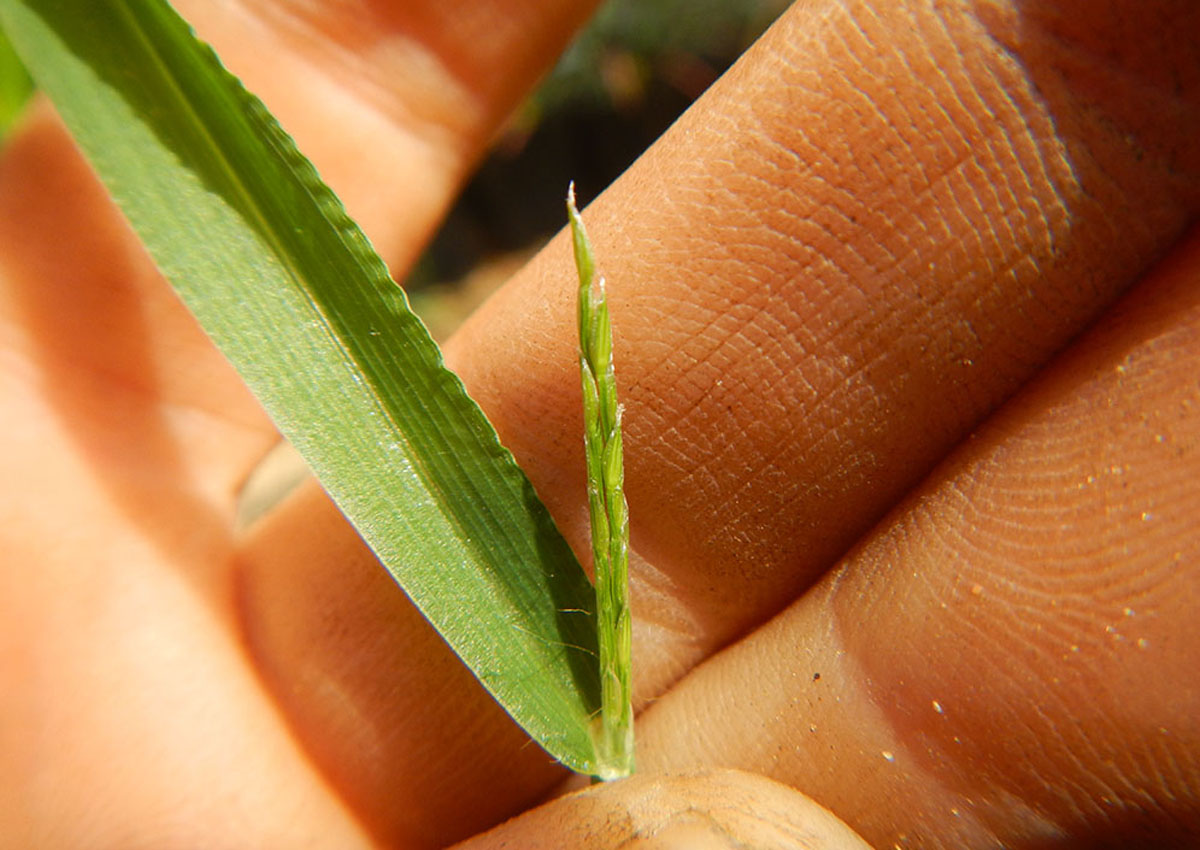
Research Team to Genetically Improve Millet for Large-Scale Agriculture in Saudi Arabia
September 30, 2020| |
Fonio, an African millet crop could be improved for growth in the dry, arid lands of Saudi Arabia by using information about its genome. The crop is well-adapted to this environment but has not had as much domestication as major cereal crops, such as wheat, rice, and maize. An international team of researchers is now working on a research that could lead to higher yields and larger grains.
Simon Krattinger from the King Abdullah University of Science and Technology (KAUST) said through gene targeting, their goal is to improve fonio millet while maintaining its extraordinary properties. The team of KAUST researchers and scientists from other countries analyzed the genomes of domesticated and wild fonio millet plants from across Africa and then compared them with the genomes of other major cereal crops.
Their research found two genes that had undergone selection in fonio. One of these two genes, called DeGs5-3A, is very similar to a rice gene that regulates grain width and weight. It showed a complete loss of diversity in domesticated fonio, suggesting that plants with this active gene had been artificially selected for their larger grains. The other gene, called DeSh1-9A, was found to be mutated in some fonio domesticated varieties and is similar to another mutation in domesticated African rice. The mutation reduces seed loss through a process called shattering: this is beneficial for wild varieties because it ensures seed dispersal and natural planting in the environment but reduces yield in cultivated crops.
For more details, read the article in KAUST Discovery.
| |
You might also like:
- Scientists Sequence Genome of Broomcorn Millet
- Millet Genome Sequenced by Scientists from 10 Countries
- Scientists Decode Finger Millet Genome
Biotech Updates is a weekly newsletter of ISAAA, a not-for-profit organization. It is distributed for free to over 22,000 subscribers worldwide to inform them about the key developments in biosciences, especially in biotechnology. Your support will help us in our mission to feed the world with knowledge. You can help by donating as little as $10.
-
See more articles:
-
News from Around the World
- Animal Biotech Online Discourses Cover Genome Editing Regulatory Approaches
- Science and Scientists Held in High Esteem Across the World
- Review Says Farmer Knowledge Key to Finding More Resilient Crops
- Myanmar Scientists, Academics Step Up for Biotechnology Information Portal Launch
- Research Team to Genetically Improve Millet for Large-Scale Agriculture in Saudi Arabia
- Researchers Find Way to Protect Plants from Fungal Infection
-
Research Highlights
- Researchers Overexpressed Transcription Factors to Improve Cotton Lint Yield
-
Plant
- Detection of Off-Target Effect in Genome Editing by Integration-Defective Lentiviral Vector
- Gene Editing of SlLBD40 Improves Drought Tolerance in Tomato
- Researchers Engineer a Rapid TALEN Assembly Protocol for Genome Editing
-
Health
- Sewage Testing Shows Prevalence of COVID-19 Infection
- Farmers Highly Vulnerable to COVID-19, Says Study
-
Read the latest: - Biotech Updates (January 14, 2026)
- Gene Editing Supplement (December 17, 2025)
- Gene Drive Supplement (February 22, 2023)
-
Subscribe to BU: - Share
- Tweet

